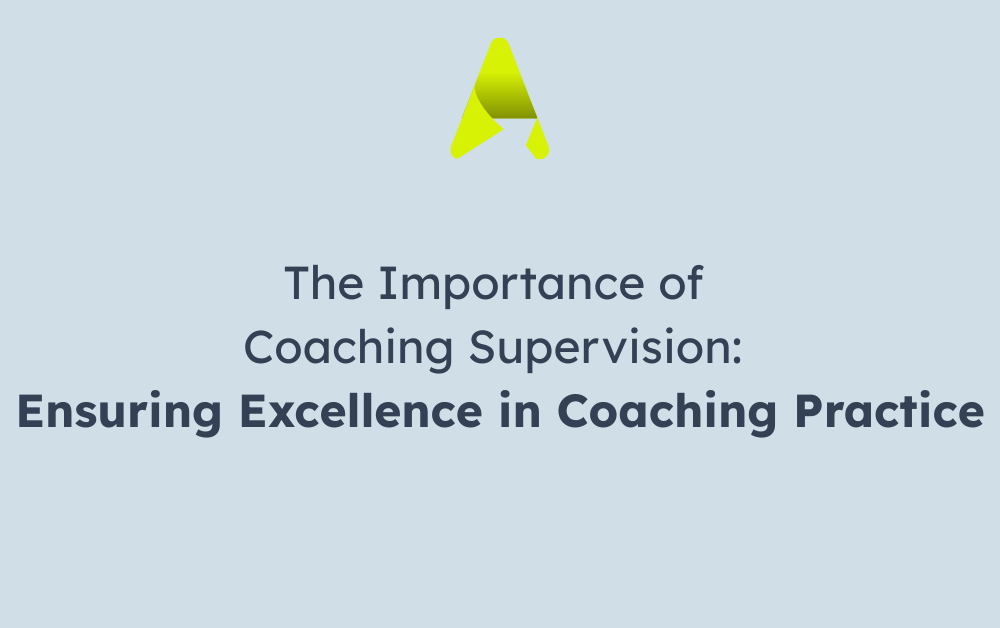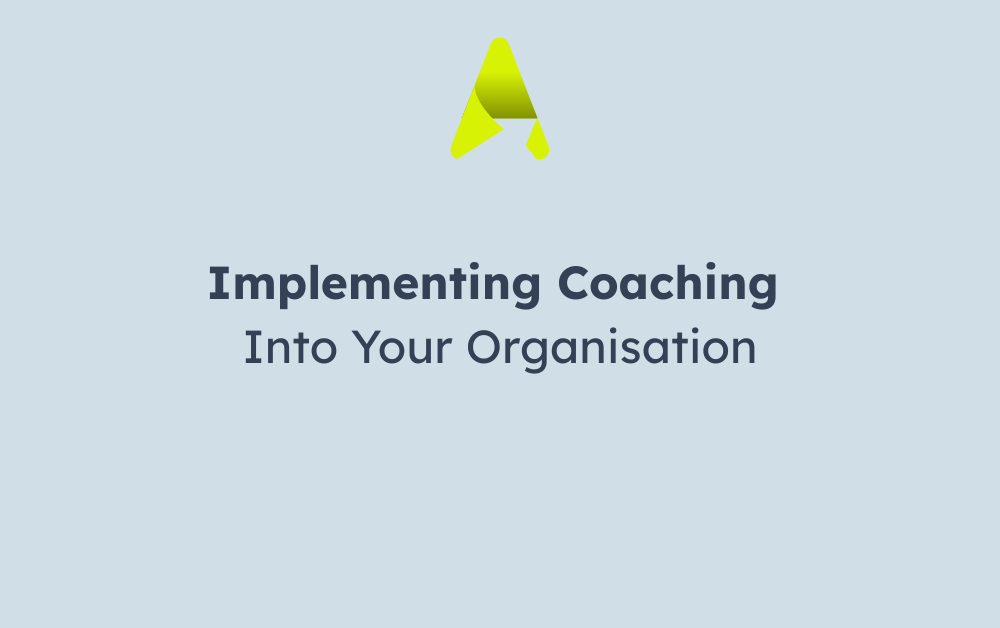In a world where the pace of change outstrips the shelf-life of many skills, professionals and organisations are rethinking how they learn. The old model — a single degree early in your career followed by ad hoc training — is giving way to something more agile, accessible, and focused: microcredentials.
They’ve become one of the fastest-growing trends in professional development, reshaping how people build expertise and how organisations close skills gaps. But what exactly are they, and why are they on the rise?
What Are Microcredentials?
A microcredential is a short, focused learning experience that certifies mastery of a specific skill or area of knowledge. Unlike traditional qualifications that might take years to complete, microcredentials can often be earned in weeks or months.
They are typically:
- Flexible: Delivered online or in hybrid formats, so learners can study anytime, anywhere.
- Targeted: Concentrated on a particular skill or competency — for example, “Stakeholder Management”, “Finance for Non-Finance Directors” or “Developing a Coaching Brand“.
- Stackable: Each microcredential stands alone, but can also count toward larger qualifications or professional pathways, like Certified Non-Executive Director Qualification Programme, which consists of modules such as Risk and Strategy, Corporate Governance, Board Level Finance, or Coaching Skills for NEDs.
- Assessed and accredited: Learners demonstrate competence through assessment, and successful completion is recognised with a digital certificate or badge.
Why Microcredentials Are Gaining Popularity
The World of Work Is Changing Fast
The half-life of a skill — how long it remains relevant — is shrinking dramatically. Research by the World Economic Forum and BCG shows that many technical and business skills now become outdated within five years. For leaders, coaches, and executives, that means staying still is no longer an option.
Microcredentials enable professionals to update their knowledge in real time, matching the pace of technological, social, and economic change.
Professionals Want Flexible, Continuous Learning
The modern learner is busy. Balancing work, leadership responsibilities, and personal commitments leaves little room for lengthy degree programmes.
Microcredentials offer “short, sharp” learning experiences that fit around professional lives. You can learn in your own time, at your own pace, and immediately apply what you’ve learned in your role.
A 2024 survey by FutureLearn found that 81% of UK learners prefer short, flexible online learning options over traditional courses — a clear shift towards ongoing, on-demand learning.
“73% of UK employers have hired candidates with microcredentials in the past year.”
Employers Are Embracing Skills-Based Hiring
Employers increasingly value what people can do over where they studied. In the 2025 Coursera Micro-Credentials Impact Report, 94% of UK employers said microcredentials strengthen a candidate’s job application, and 75% said they’d pay higher starting salaries to candidates with relevant microcredentials.
This shift toward skills-based hiring means that validated, bite-sized credentials carry real career value — both for job seekers and those looking to progress internally.
Cost and Accessibility Matter
Higher education and executive qualifications can be expensive and time-consuming. Microcredentials offer a cost-effective alternative, letting learners build skills incrementally without the financial burden of a full qualification.
For organisations, microcredentials also represent better return on investment — focused, measurable learning outcomes without sending employees away for extended periods.
In an uncertain economy, that kind of flexibility and value matters more than ever.
“81% of learners prefer short, flexible courses.”
Learning Is Becoming Continuous
Microcredentials align perfectly with the principle of lifelong learning — the idea that personal and professional growth never stops.
Instead of one big qualification early in your career, you can now build, refresh, and extend your skills continually throughout your working life. Many programmes even offer refresher options a year later to keep knowledge current and aligned with emerging trends.
This shift is redefining professional development. Learning isn’t a single event anymore — it’s a habit.
A Cultural Shift Toward “Always Learning”
Microcredentials represent more than just a new educational format — they embody a mindset. Professionals who embrace them are signalling agility, curiosity, and readiness for the future. Organisations that adopt them are fostering adaptability and resilience in their teams.
In today’s business environment, this combination of speed, relevance, and continuous improvement, is what keeps both individuals and companies ahead.
Browse all of our microcourses here, keep ahead of the curve and industry trends from just £30 per course.
Interested in learning what Actuate can do for you?
Schedule your discovery chat with us!
 Blog
Blog


